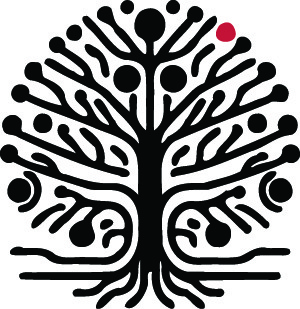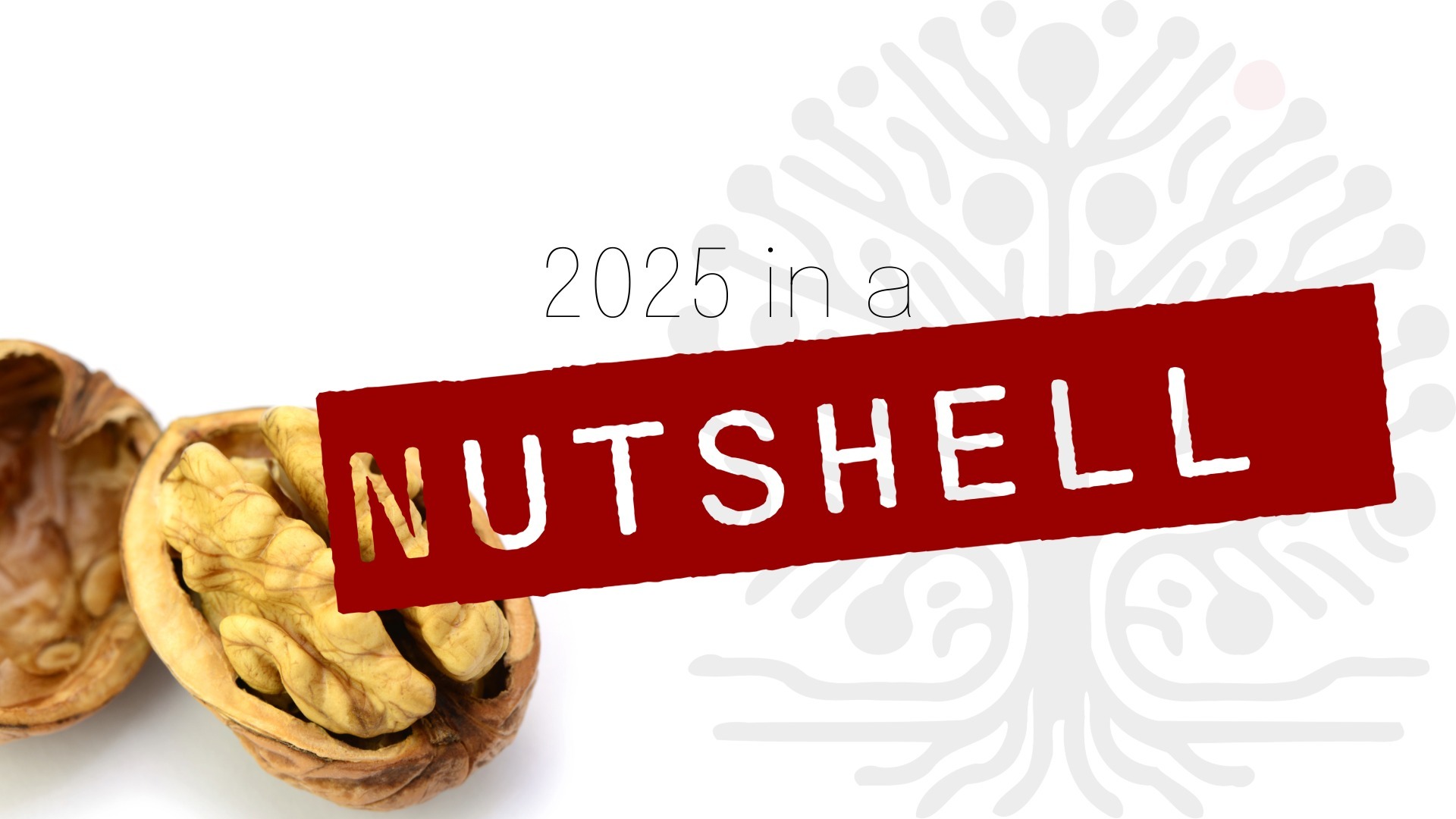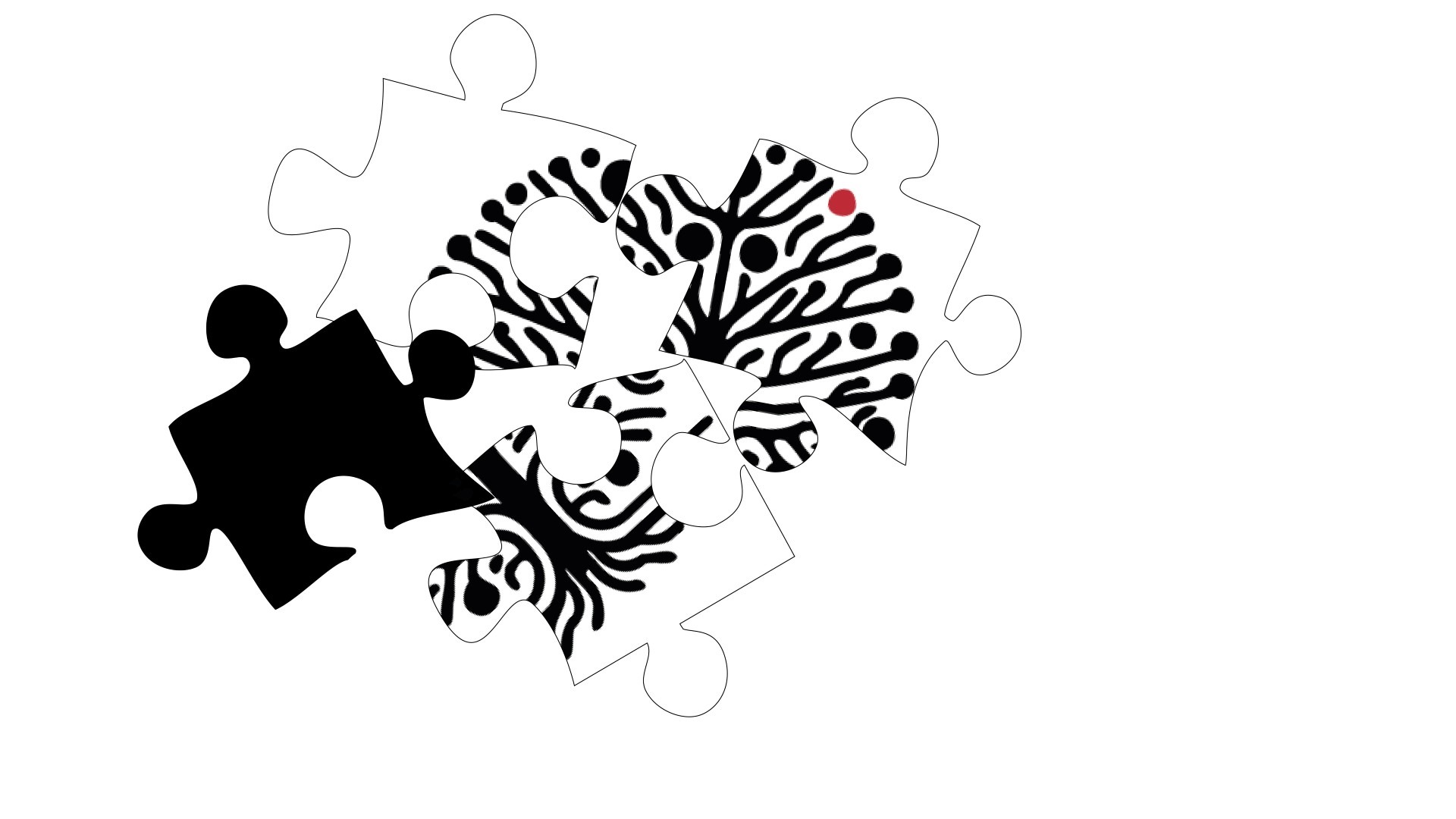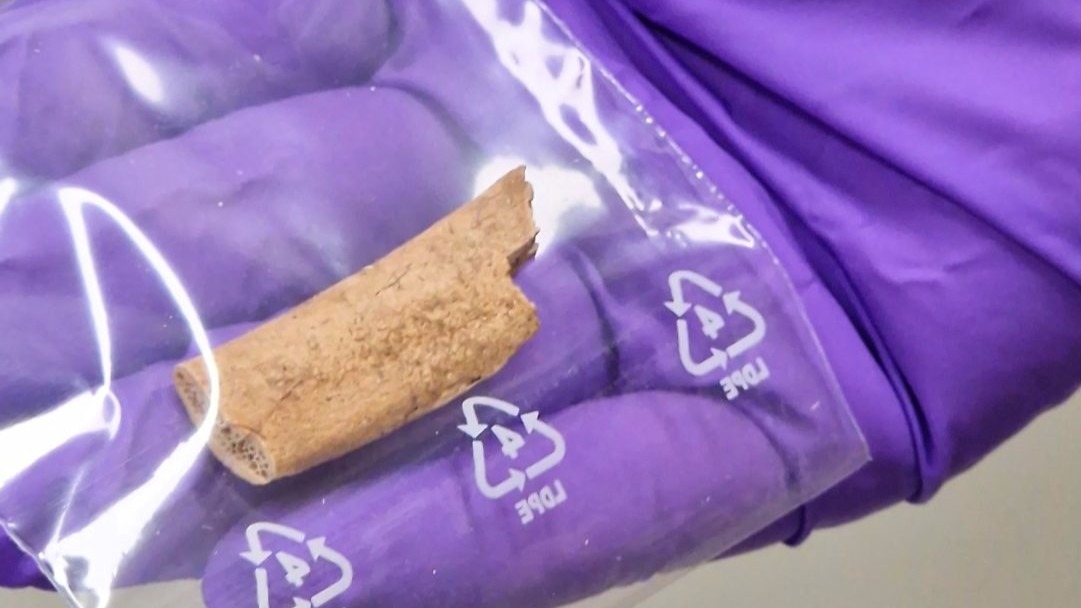Our collaborating partner, SciLifeLab organizes a symposium that offers valuable insights into advanced research methods and analysis highly relevant in interdisciplinary context of archaeogenetics and archaeology.
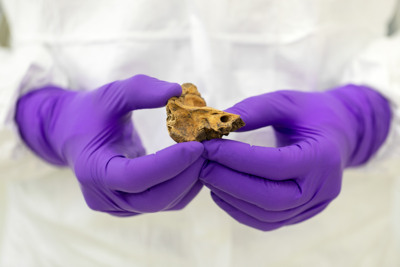
Archaeology thrives on its intrinsic interdisciplinary nature, drawing from a diverse range of scientific disciplines. SciLifeLab, together with ArchLab, Sweden’s newly initiated national research infrastructure for archaeological laboratories, plays a key role in advancing these investigations by providing access to a wide array of analytical tools and methodologies.
The aim of this symposium is to demonstrate and discuss the powerful combination of techniques such as DNA analysis, isotope analysis, dating methodologies, palaeobotany, osteological analysis, spatial analysis, and environmental archaeology, to address key research questions concerning the past.
Attendance is free of charge and on-site participation includes lunch and coffee but registration is required (by 30th October)
Registration
Where
Humanities Theatre, Engelska Parken,
Uppsala University campus
When
Thu, 7th Nov, 09:00-17:00
